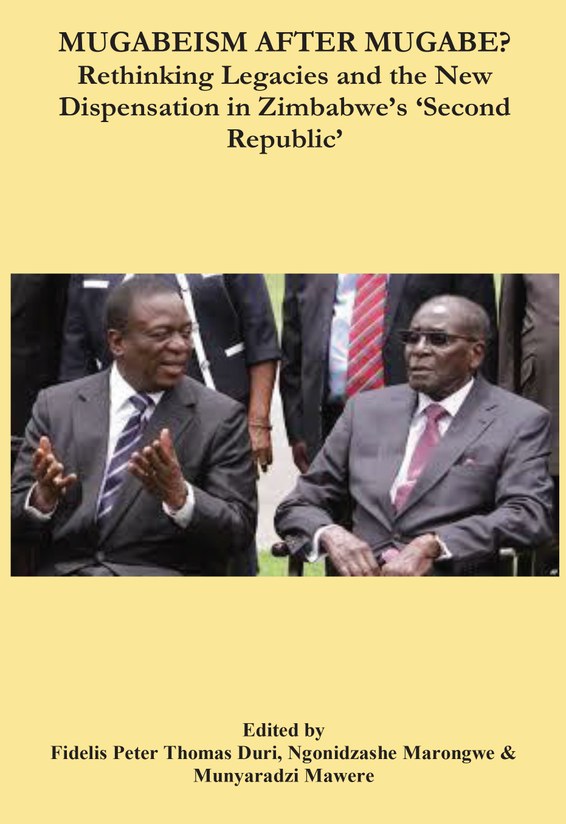Publisher: Africa Talent Publishers, Zimbabwe
Rethinking Legacies and the New Dispensation in Zimbabwe’s ‘Second Republic’
Arguably, one of the long waited political
handover of power, globally, happened in November 2017 in Zimbabwe when
the former and now late 37- year long serving and divisive President,
Robert Gabriel Mugabe was forced out of power by a combination of forces
that were spearheaded by the military’s Operation Restore Legacy.
Mugabe’s departure ushered in President Emmerson Dambudzo Mnangagwa’s
reign. This transition has variously been characterised as marking the
inauguration of the Second Republic or New Dispensation or as heralding a
new Zimbabwe that is ‘Open for Business’. From the moment of the
investiture of President Mnangagwa’s government, anticipations of
seismic changes to the order of doing business by both the incoming
government and the larger Zimbabwean society in general, were extremely
high. There was an expectation that international cooperation with
global partners, especially in the West, would be restored alongside the
reinvigoration of a near comatose domestic economy. But, did this ever
happen?
This volume interrogates the impact of the introduction of
the Mnangagwa administration from November 2017. The book seeks to
broadly dissect and troubleshoot issues of continuity and change from
Mugabe’s reign into Mnangagwa’s Second Republic. In doing so the book
attempts to respond to the grand question: “To what extent has Mugabeism
that was the hallmark of Mugabe’s reign, continued or discontinued into
the Second Republic?” The volume, which comes as a sequel to The end of an era? Robert Mugabe
and a conflicting legacy, is sure to generate interest and responses
from students and academics in the fields of History, International
Studies, Political Science, Sociology and Social anthropology, as well
as from practitioners in the human rights, transitional jusrtice,
conflict resolution, security studies and diplomatic fields.
Price range: £47.00 through £50.00
About the editors
Fidelis Peter Thomas Duri is a Senior Lecturer of History in the
Department of Archaeology, Culture and Heritage, History and Development
Studies at Great Zimbabwe University.
Ngonidzashe Marongwe holds a PhD in African History from the University of the Western Cape, South Africa. He lectures in the Department of History and Development Studies, Joshua Nkomo School of Arts and Humanities, Great Zimbabwe University, Masvingo City, Zimbabwe.
Review
“Throughout its 12 chapters, discusses the issues of Mugabe’s ideology,
the problems of democratization, good governance and development,
health issues, land issues and the oligarchical nature of the ruling
elite. In addition, the book outlines the lessons learned from
Mugabe’s rise and fall, whilst addressing the question of why
African presidents often have long reigns in power.”
Research Africa Reviews Vol. 4 No. 1
